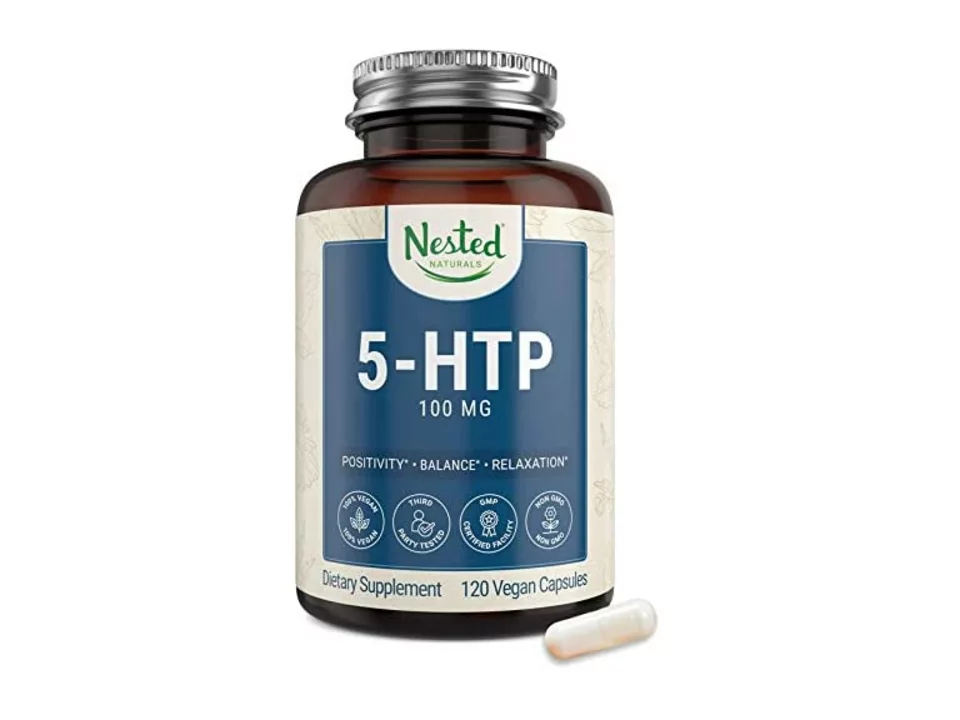Muscle Cramps: Fast Relief, Causes, and How to Prevent Them
Ever been woken by a sudden, tight knot in your calf? Muscle cramps are common and nasty, but most stop fast if you know what to do. This guide gives straight, useful steps to end a cramp now, reduce how often they happen, and spot when a doctor needs to be involved.
Quick actions to stop a cramp now
When a cramp starts, try these moves immediately: stretch the cramped muscle and hold it steady for 15–30 seconds (for a calf cramp, pull your toes toward your shin). Walk around or gently massage the area to increase blood flow. Apply heat if the muscle feels tight and cold if there’s pain or swelling. Sip water or an electrolyte drink—dehydration and low salts often trigger cramps.
If cramps wake you at night, keep a warm towel by the bed, do a quick calf stretch before sleep, and avoid heavy exercise right before bed. Epsom salt baths can soothe muscles for some people; a 10–20 minute soak after activity helps recovery.
Why cramps happen and how to prevent them
Most cramps come from one of a few clear causes: dehydration or loss of electrolytes (potassium, magnesium, calcium), overuse or sudden change in activity, poor conditioning, or holding one position too long. Certain medicines can make cramps more likely—common culprits include some diuretics and some cholesterol drugs (statins). If you think a medication caused your cramps, talk to your prescriber before stopping anything.
Prevent cramps with practical habits: stay hydrated, especially on hot days and during exercise; add potassium-rich foods like bananas, avocado, and spinach; include magnesium sources such as nuts, seeds, and whole grains. Aim for gentle, regular stretching—try a short routine for calves, hamstrings, and quads after workouts and before bed. Strength training and gradual increases in activity reduce cramps tied to overuse.
Supplements: many people find magnesium helps, especially for nighttime leg cramps. Typical over-the-counter doses range from about 200–400 mg, usually taken at night, but check with your doctor if you have kidney issues or take other medicines.
When cramps are frequent, severe, or come with other signs—like persistent weakness, numbness, swelling, or unexplained weight loss—get medical advice. Chronic cramps can signal nerve problems, circulation issues, thyroid disorders, or electrolyte imbalance that needs testing and targeted treatment.
Practical checklist: hydrate daily, eat a balanced diet with potassium and magnesium, stretch after exercise and before bed, review your meds with a clinician, and see a doctor if cramps are new, worsening, or paired with other symptoms. Small changes usually cut cramps down fast—try a few and see what helps you most.
Experience Fast Relief from Muscle Cramps and Spasms with Cramp Bark: The Ultimate Dietary Supplement!
I recently discovered Cramp Bark, the ultimate dietary supplement for fast relief from muscle cramps and spasms! After trying it out myself, I was amazed at how quickly it eased my muscle tension and discomfort. This natural remedy, derived from the bark of the Viburnum opulus plant, has been used for centuries to treat muscle cramps and spasms. Not only is it effective, but it's also a safer alternative to over-the-counter pain relievers. I highly recommend giving Cramp Bark a try if you're looking for a natural solution to alleviate your muscle pain!





